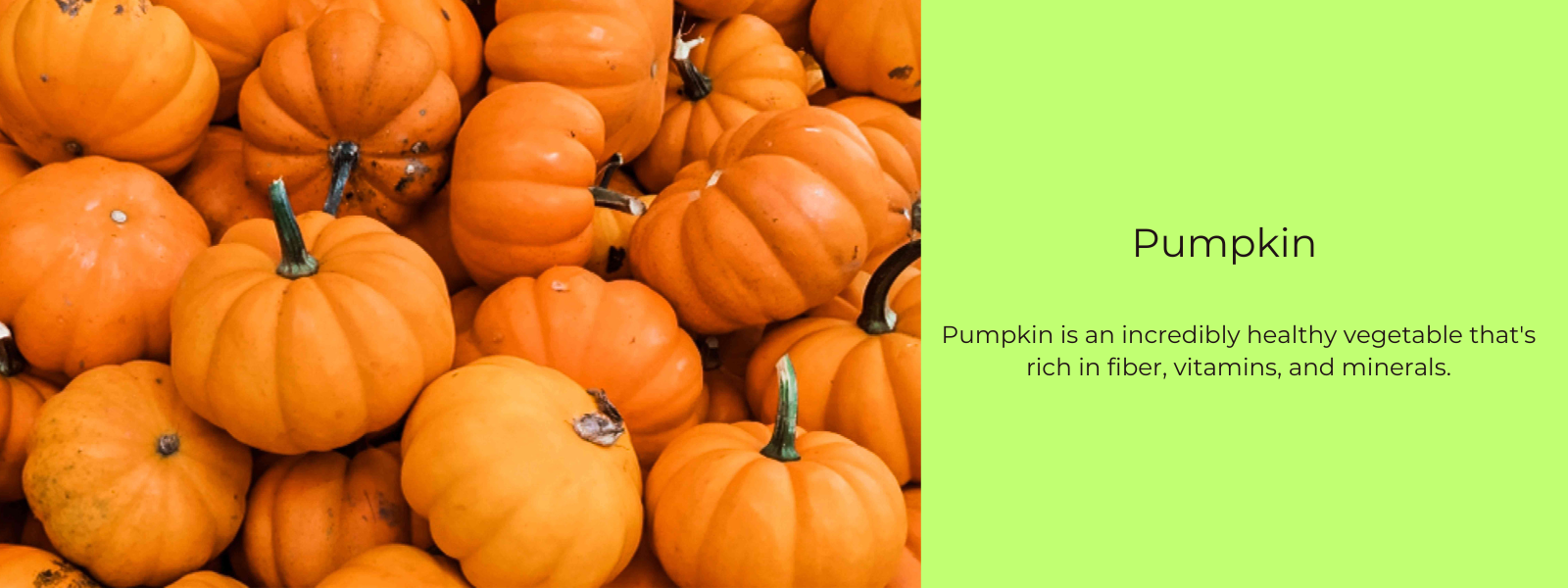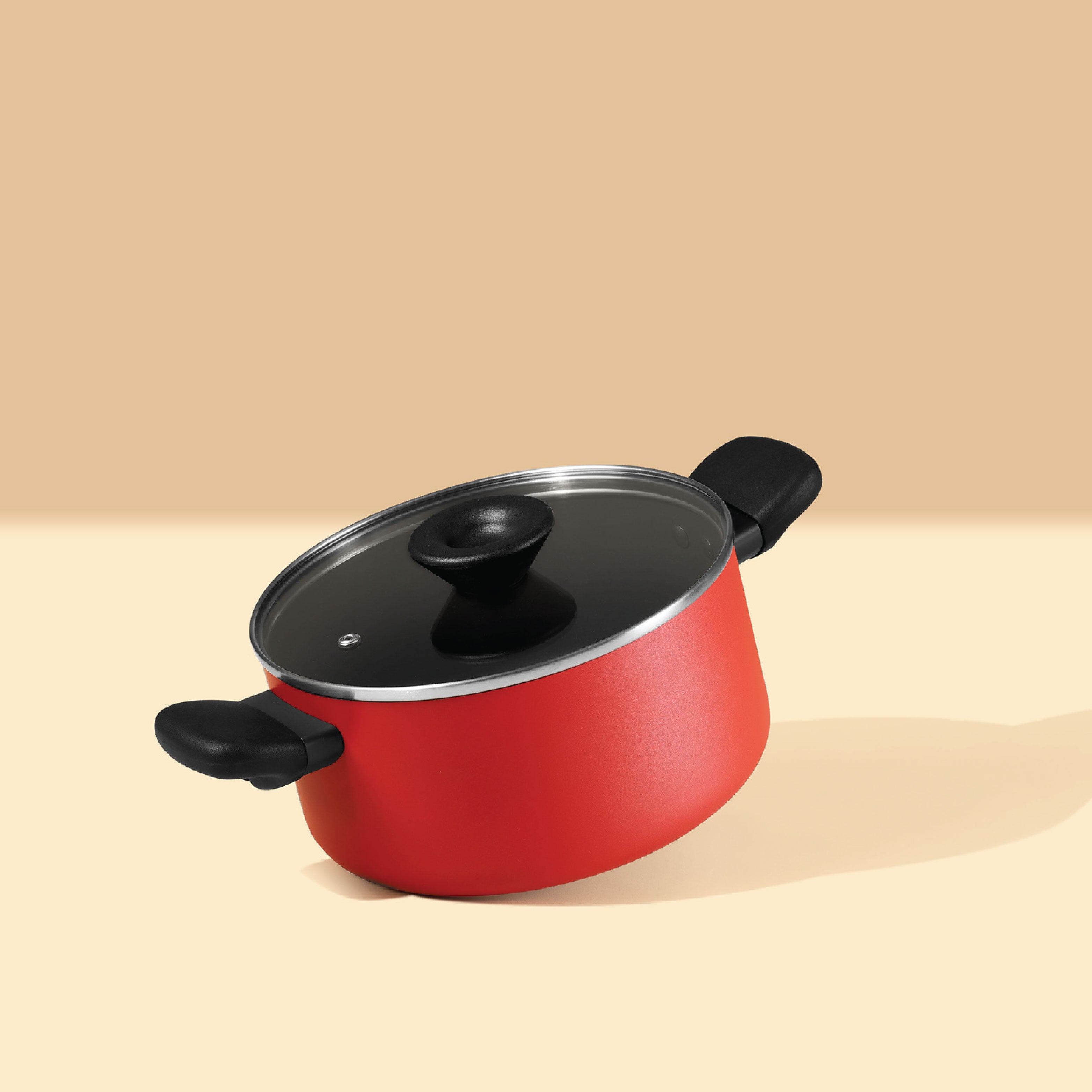Pumpkins are a rich source of beta-carotene, which the body converts into Vitamin A, providing numerous health benefits. Vitamin A from pumpkins supports vision health by aiding in the production of rhodopsin, a pigment essential for low-light vision and preventing night blindness. It also boosts the immune system by supporting the production of white blood cells and maintaining mucous membrane integrity, crucial for defense against infections. Vitamin A in pumpkins promotes healthy skin by aiding in cell growth and repair, contributing to smooth skin and potentially reducing signs of aging. Additionally, it supports reproductive health and fetal development during pregnancy.
Table of Contents
Overview of Pumpkins and Vitamin A
Pumpkins are a type of winter squash known for their vibrant orange color, indicating their high beta-carotene content, which the body converts into Vitamin A. They are not only delicious but also offer a range of health benefits.
Vitamin A Health Benefits in Pumpkins
- Vision Health
- Prevents Night Blindness: Beta-carotene in pumpkins supports healthy vision by aiding in the production of rhodopsin, a pigment in the eye that enhances night vision and prevents night blindness.
- Protects Against Age-Related Eye Diseases: Adequate intake of Vitamin A from pumpkins helps maintain the health of the retina and reduces the risk of conditions like macular degeneration.
- Immune System Support
- Enhances Immune Response: Vitamin A strengthens the immune system by supporting the production and function of white blood cells, which defend the body against infections.
- Maintains Mucosal Integrity: It helps maintain the integrity of mucous membranes lining the respiratory, digestive, and urinary tracts, which are crucial for immune defense.
- Skin Health
- Promotes Cell Growth and Repair: Vitamin A in pumpkins aids in the production and repair of skin cells, promoting smooth, healthy skin and aiding in wound healing.
- Anti-Aging Properties: The antioxidant properties of Vitamin A help reduce oxidative stress on the skin, potentially slowing the signs of aging and reducing the appearance of wrinkles.
- Reproductive Health
- Supports Fertility: Vitamin A plays a role in reproductive health by supporting sperm production in men and maintaining the health of the female reproductive system.
- Fetal Development: During pregnancy, adequate Vitamin A intake from pumpkins supports proper fetal development, including the formation of organs and skeletal structure.
- Growth and Development
- Bone Health: Vitamin A supports bone health and growth, particularly in children, by aiding in the absorption of calcium and promoting bone cell growth and differentiation.
- Cellular Function: It supports overall cell growth and differentiation, contributing to the body’s development and tissue repair processes.
- Organ Function
- Supports Vital Organs: Vitamin A is essential for the proper functioning of vital organs such as the heart, lungs, and kidneys, contributing to their maintenance and health.
Overall Health Benefits of Pumpkins
- Antioxidant Properties: Pumpkins are rich in antioxidants, including beta-carotene and Vitamin C, which help protect cells from damage caused by free radicals.
- Heart Health: The fiber and potassium content in pumpkins can help lower blood pressure and reduce the risk of heart disease.
- Digestive Health: Pumpkins are a good source of dietary fiber, which promotes healthy digestion, prevents constipation, and supports gut health.
- Weight Management: Pumpkins have a low glycemic index and are filling, making them suitable for weight management and blood sugar control.
Culinary Uses of Pumpkins
- Roasted: Pumpkins can be roasted with olive oil and spices for a flavorful side dish or added to salads.
- Pureed: They can be pureed and used in soups, sauces, and desserts like pumpkin pie.
- Baked: Pumpkin can be baked into bread, muffins, and cookies for added moisture and flavor.
- Seeds: Pumpkin seeds, rich in nutrients, can be roasted and enjoyed as a snack or added to salads and granola.
Considerations
- Moderation: While nutritious, pumpkins should be consumed in moderation as part of a balanced diet to avoid excessive calorie intake.
- Cooking Methods: Boiling or steaming pumpkins preserves their nutrient content better than frying.
- Allergies: Individuals with allergies to pumpkins or related foods should avoid consumption to prevent adverse reactions.
- Storage: Store pumpkins in a cool, dark place to maintain their freshness and nutrient content.
Conclusion
Pumpkins offers numerous health benefits from improved vision and immune function to enhanced skin health and reproductive support. Incorporating pumpkins into a balanced diet provides essential nutrients and antioxidants that contribute to overall health and well-being. Their culinary versatility allows for a variety of delicious preparations, making them a valuable addition to soups, salads, baked goods, and snacks. However, like all foods, pumpkins should be consumed as part of a diverse diet to maximize their health benefits and maintain overall nutritional balance. Enjoying pumpkins regularly can provide significant health benefits and support a healthy lifestyle.











Leave a comment